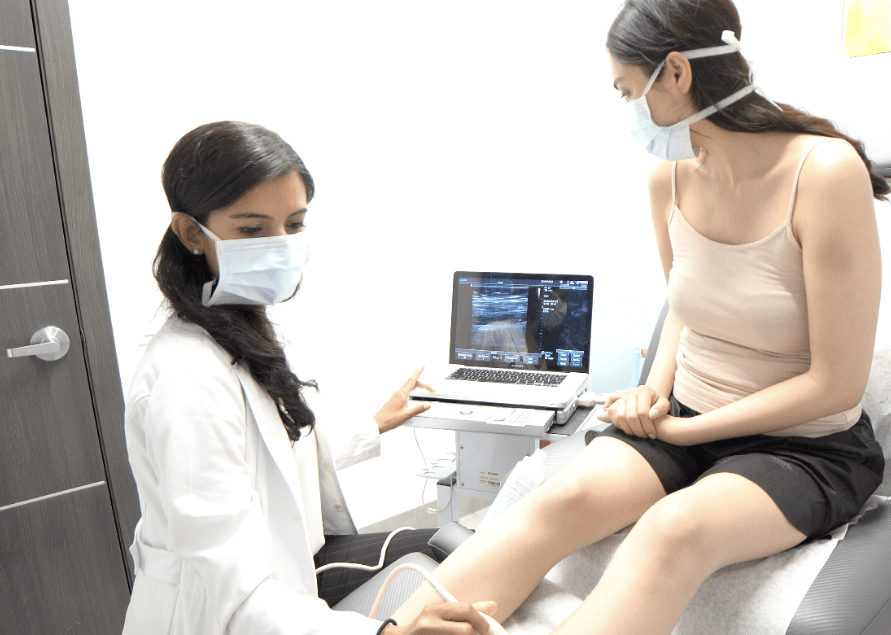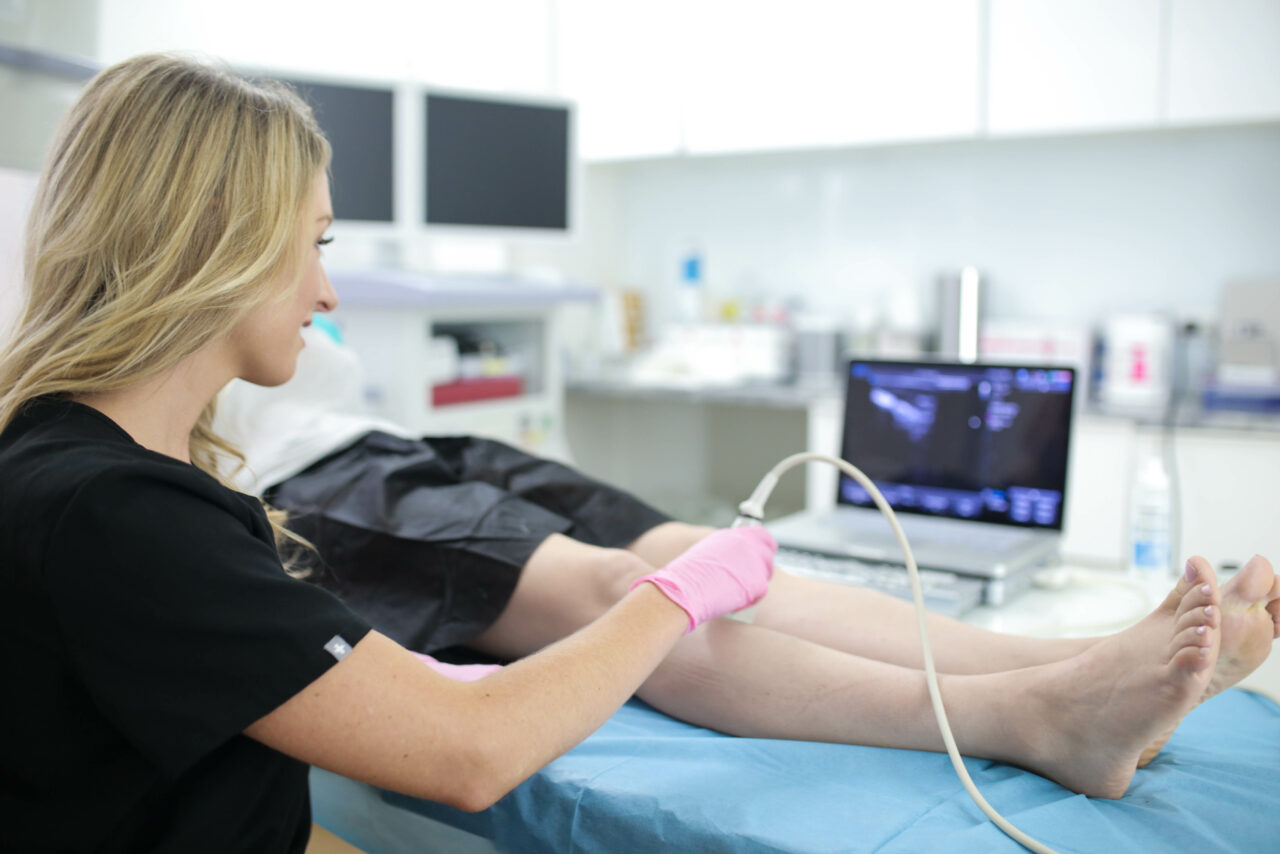Many people think varicose veins are a decorative concern. Nevertheless, for some, they may cause discomfort and even worsen existing health issues. Do you have problems about whether Are Varicose Vein Treatments Covered by Insurance? The severity of your disease and your particular insurance plan are two variables that specify the answer to this question.
Varicose veins: What Are They?
A medical condition known as varicose veins drives the veins in the legs to grow, resulting in contusion or physical oddities, including twisting or bulging. Some signs are pain, distress, heaviness, twitchy legs, and muscle aches. They could be symptoms of a more serious medical problem, such as leg ulcers or blood clots. About 20% of men and 33% of females have varicose veins, which can be carried on by pregnancy, menopause, obesity, leg trauma, or ageing.
Does It Get Covered by Insurance?
You may want to know if your insurance will pay for therapy if you have varicose veins. Yes, to put it shortly. If varicose veins are considered medically required, most insurance companies will process a claim for them. Insurance companies won't pay for the therapy if the doctor deems it cosmetic. If you have tried self-remedies such as heat-cold packs, exercise, weight loss, or other preventative criteria, have an ultrasound to rule out a more severe medical disease.

Consider the following when looking for insurance:
Most insurance companies view varicose vein cures as cosmetic or elective. Therefore, it's doubtful that your expenditures will be reimbursed.
Let's say, nonetheless, that you are dealing with continuous swelling, soreness, despair, or skin discolouration. If so, your medic can identify and protect chronic venous insufficiency as a medical condition.
Why does it matter?
Health insurance companies repeatedly use the term "medical condition" to assess whether the patient's coverage covers an exact test or remedy. However, what does the phrase "medical necessity" actually represent?
The first requirement is that the treatment be efficacious, which requires proof that it can enhance the patient's health.
Second, The treatment course must suit the patient's particular condition and be customized to meet their needs.

Third: The course of therapy needs to be clinically acceptable, meaning that it must be proven safe and effective while having advantages that outweigh the risks.
Which Doctor To Confer For Varicose Veins?
Do you have any doubt about what doctor treats varicose veins? Vascular surgeons are viewed as the most impressive vein doctors due to their in-depth learning of veins and vascular disorders. Becoming a vascular surgeon needs years of education, extensive clinical training, and a strong commitment. They obtain in-depth training in interpreting and treating vascular disorders, including varicose veins, deep vein thrombosis, and peripheral artery disease.
A vascular surgeon is an professional in everything related to the body's blood vessels. They can deliver complete care, including the latest cutting-edge, non-invasive vein remedies.
Conclusion
Varicose Veins can evaluate you if varicose vein therapy is deemed medically required. If so, the medical staff will support your antidote after conferring with your insurance company. It can assist you in overcoming the indications and specializes in nonsurgical, minimally invasive restoratives like sclerotherapy, radiofrequency ablation, endovenous laser ablation, and VenaSeal.